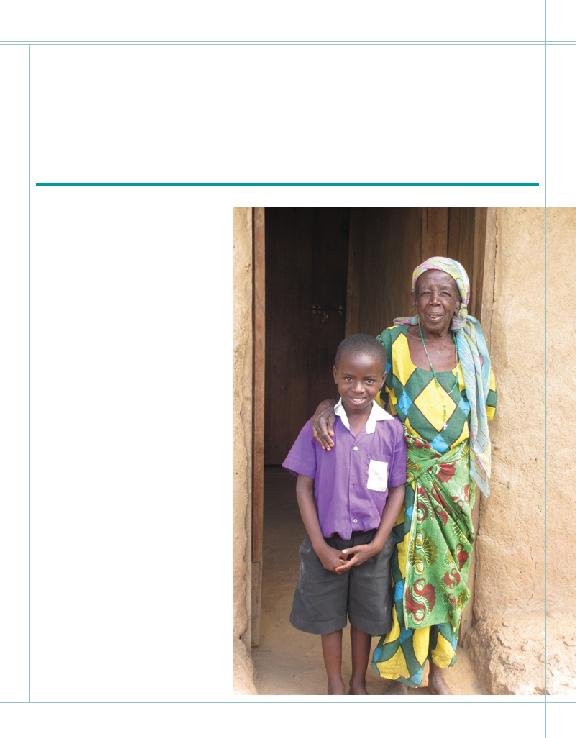
lucky, we have the opportunity
to talk to people who change the
Kaguri is one of those individuals for me. He
was born and raised in Uganda, one of the
poorest nations in the world. Seeing those
around him suffer the effects of devastating
poverty, Kaguri was determined to make
a difference in the world. In the 1990s, he
received a scholarship to study at Columbia
University in New York. After watching
how the AIDS virus was tearing apart his
home country, he founded the Nyaka AIDS
Orphans Project. CNN recognized him
through their CNN Heroes program, and
he was named a Heifer International Hero.
Recently, I had the opportunity to talk with
him about his accomplishments. It was one
of the most moving conversations I've had.
other developing nations. You co-founded a human
rights organization, Human Rights Concerns, and
you studied Human Rights Advocacy at Columbia
University. What got you involved in working with
human rights causes?
bridging a gap, because at the time, you had
people focusing on political rights, voting rights,
and civil rights. Where I grew up, those were
issues to be concerned with, but obtaining water,
food, healthcare, and education was more critical
to people on a daily basis. We wanted to empower
people to show them how our choices affect our
human rights.